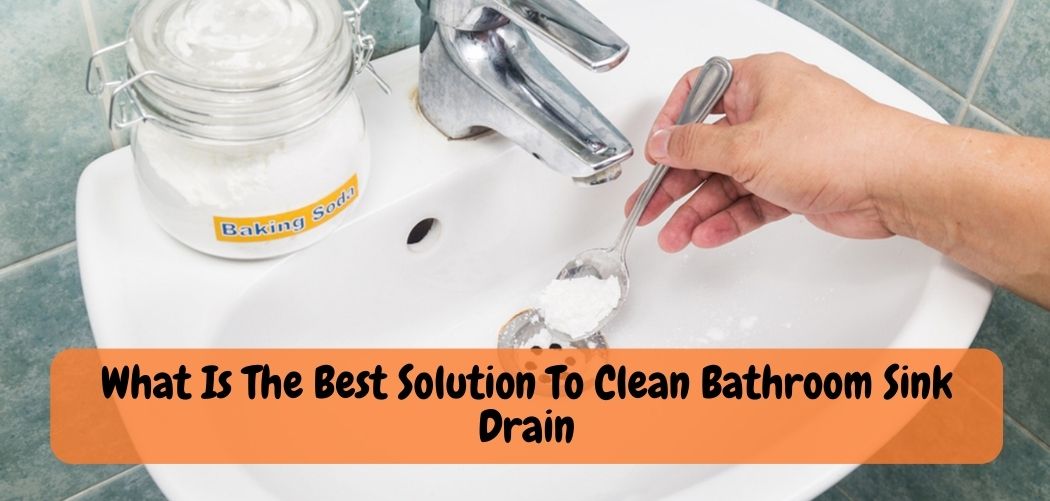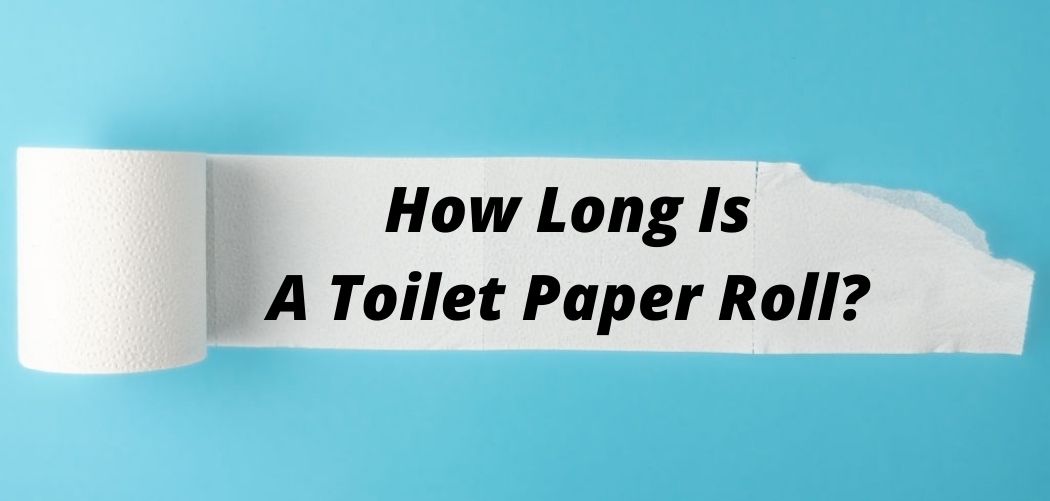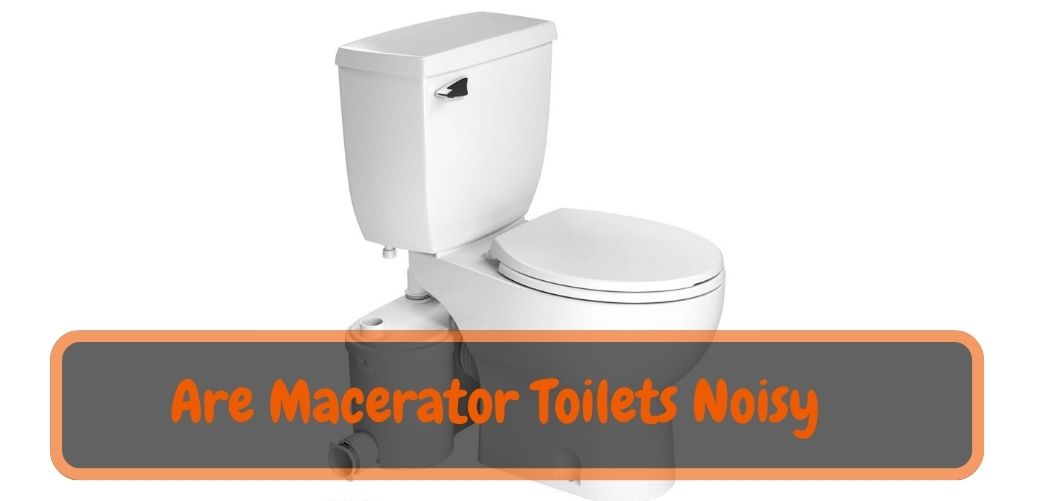The best solution to clean a bathroom sink drain is to use a mix of baking soda and vinegar followed by hot water. To do so, pour a half cup of baking soda followed by a half cup of vinegar down the drain.
Maintaining a clean and functional bathroom sink involves more than just surface cleaning. Over time, debris, hair, soap scum, and other particles can accumulate in the sink drain, leading to unpleasant odors and slow drainage.
Finding the best solution to clean your bathroom sink drain is essential for maintaining hygiene and preventing clogs. In this guide, we will explore effective methods and solutions to tackle a dirty or clogged bathroom sink drain, helping you restore proper drainage and freshness to your bathroom.
Clearing The Clogs
Bathroom sink clogs are a nuisance in any home. To identify one, check if the water is not draining or draining slowly. Simple remedies to clear the clog include using a plunger, a mixture of baking soda and vinegar, or a wire hanger.
To use the plunger, seal off the overflow and plunge up and down. When using the baking soda and vinegar mixture, mix equal parts of the two, pour it down the drain, and wait for an hour before pouring hot water.
Always be careful and use gloves and goggles when dealing with chemicals. Follow these tips to have a clean and functional bathroom sink drain.
The Guide: Best Solutions to Clean Your Bathroom Sink Drain
A clean and smoothly functioning bathroom sink drain is essential for maintaining a hygienic and pleasant bathroom environment. As debris, hair, soap scum, and other particles accumulate over time, your sink drain can become clogged, leading to slow drainage and unpleasant odors.
This comprehensive guide will provide you with effective methods and solutions to tackle a dirty or clogged bathroom sink drain, helping you restore optimal drainage and freshness to your bathroom.
1. Prevention Is Key:
To minimize the need for frequent drain cleaning, adopt preventive measures:
- Use a drain stopper or hair catcher to prevent hair and larger particles from entering the drain.
- Regularly remove visible debris from the stopper or drain cover after each use.
- Avoid pouring grease, oil, and large amounts of soap down the drain.
2. Baking Soda and Vinegar Method:
This natural and eco-friendly method can help break down buildup and deodorize your drain:
1. Start by removing any visible debris from the drain.
2. Pour about half a cup of baking soda down the drain.
3. Follow with half a cup of white vinegar. The mixture will fizz and bubble as it reacts.
4. Cover the drain with a cloth or stopper to contain the fizzing.
5. After about 15 minutes, remove the cloth or stopper and pour hot water down the drain to flush away the mixture and loosened debris.
3. Plunger Technique:
A plunger can help dislodge minor clogs and improve drainage:
1. Partially fill the sink with water to cover the plunger’s rubber cup.
2. Place the plunger over the drain and create a tight seal.
3. Push and pull the plunger forcefully several times to create pressure and dislodge the clog.
4. Test the drainage by letting water run down the drain.
4. Commercial Drain Cleaners:
Commercial drain cleaners are readily available, but they should be used cautiously:
- Choose a drain cleaner that’s specifically designed for bathroom sinks.
- Follow the manufacturer’s instructions carefully.
- Be cautious of harsh chemicals, as they can damage pipes and fixtures over time.
5. Plumbing Snake or Auger:
For stubborn clogs deeper in the drain, a plumbing snake or auger can be effective:
1. Insert the snake into the drain and rotate it while pushing it forward.
2. Continue until you feel resistance, which indicates you’ve reached the clog.
3. Rotate the snake to break up the clog, then pull it out, bringing the dislodged material with it.
6. Professional Help:
If your efforts don’t resolve the issue, or if you’re unsure about handling more complex clogs, it’s best to seek professional plumbing help. Trained plumbers have the expertise and tools to address even the most challenging drain problems.
Also Read: Revolutionize Your Shower: Using Liquid Fire Safely and Effectively
Eliminating Buildup And Odor
Understanding the causes of buildup and odor in your bathroom sink drains is important. Overtime, hair, soap, and toothpaste can accumulate, causing blockages that lead to unpleasant odors.
Effective diy solutions for keeping your sink drain clean include pouring boiling water down the drain, using baking soda and vinegar, and using a zip-it tool to remove any hair or debris.
However, if the odor persists, using a professional chemical cleaner can quickly and easily eliminate the buildup and odor. It’s important to read and follow the instructions carefully to avoid any damage to your plumbing system.
By taking the necessary steps to keep your bathroom sink drain clean, you can prevent future clogs and enjoy a fresh-smelling bathroom.
Frequently Asked Questions On What Is The Best Solution To Clean Bathroom Sink Drain?
What Causes Bathroom Sink Drain Blockages?
Hair, soap residue, and mineral buildup from hard water are common culprits that cause bathroom sink drain blockages.
How Do I Prevent Sink Drains From Clogging?
To prevent sink drains from clogging, use a drain strainer, regularly clean the drain stopper, and avoid pouring grease or oil down the drain.
What Are Natural Ways To Clean A Sink Drain?
Pouring boiling water, baking soda and vinegar, salt and baking soda, or lemon juice down your sink drain can effectively clean it naturally.
How Often Should I Clean My Bathroom Sink Drain?
It is recommended to clean your bathroom sink drain every month to prevent blockages caused by hair, soap, and mineral buildup.
What Is The Best Product To Clean A Sink Drain?
The most effective products to clean a sink drain are enzymatic drain cleaners, chemical drain cleaners, and traditional plumbing tools like a drain snake.
Conclusion
A clogged bathroom sink drain can be a stressful issue for anyone, but fortunately, there are a variety of solutions available to help resolve the problem.
From diy methods like using baking soda and vinegar or a plunger, to purchasing commercial drain cleaners, to seeking professional plumbing services, there are options for any budget and level of expertise.
It’s important to weigh the pros and cons of each solution and choose the one that best suits your needs and preferences. Keep in mind that preventative measures, such as regularly cleaning the drain and avoiding intentionally flushing items down.
It can help minimize clogs in the future. By following these tips and staying proactive, you can ensure that your bathroom sink drain stays clean and functioning properly for many years to come.










